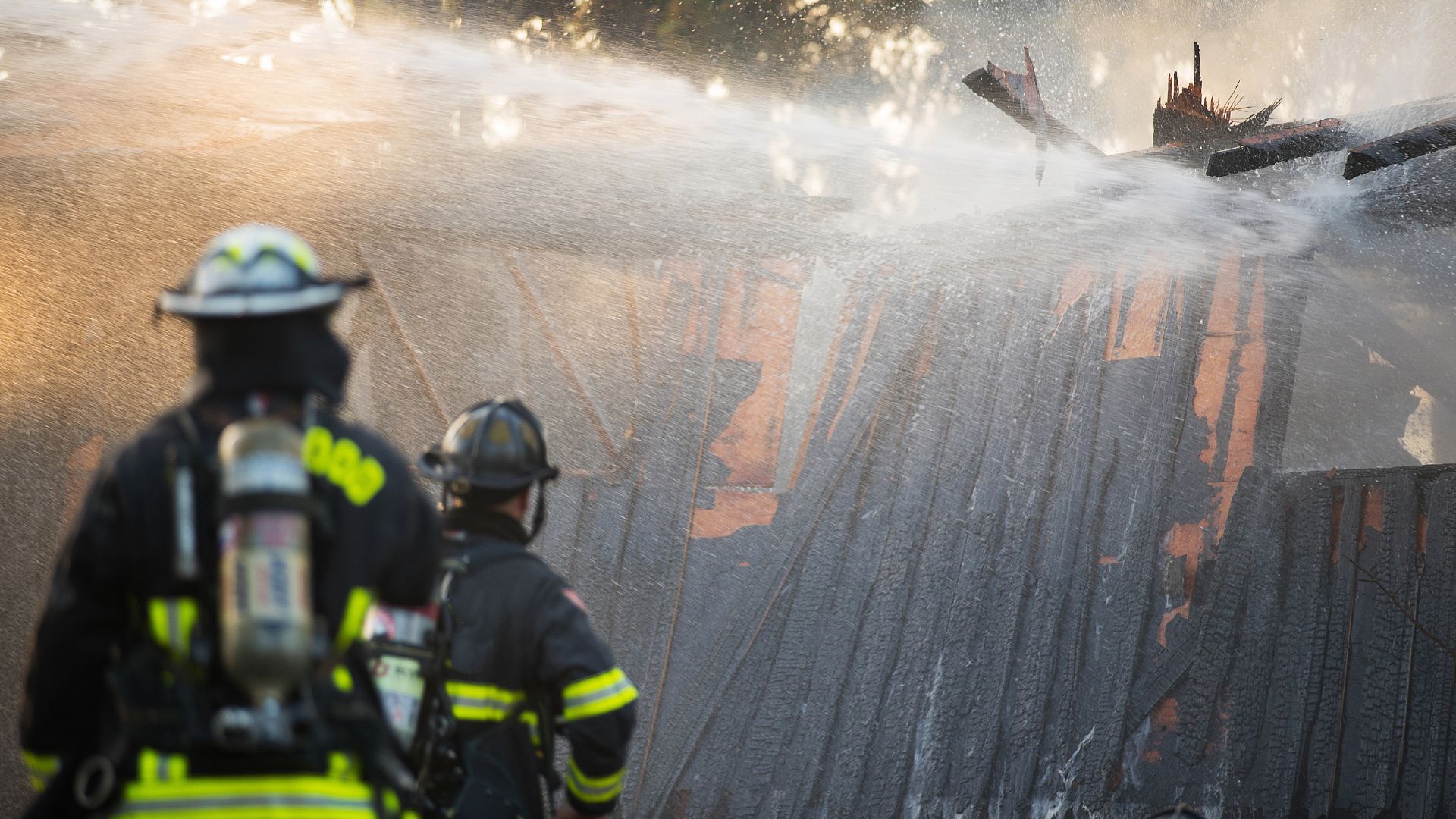March holds essential precautions in the Philippines because of Fire Prevention Month, a period intended to increase public awareness of the risks, dangers, and causes of fires.
As issued by the President, this month will be a reminder for Filipinos to take the initiative in preventing fire cases, noting the rise of fire incidents nationwide as dry and hot weather approaches.
The risk of incidents involving fires increases as the temperature and humidity rise. The summer season in the Philippines officially begins in March, according to the Bureau of Fire Protection (BFP), and with it comes a concerning increase in fire incidences. Temperature increases, together with dry conditions, make fires a greater possibility, which emphasizes the need for greater awareness and alertness.
To ensure the safety of families and homes, the government organization recommends practical tips for fire prevention.
1. Electrical Safety

Unplug electrical equipment when not in use, and regularly inspect for potential overloads. This precaution reduces the risk of electrical fires caused by faulty wiring and electrical overloads, preventing potential sparks that may ignite combustible materials.
2. Cooking Gas Precautions

Check for gas leaks when using cooking gas, and store LPG tanks in well-ventilated areas. Gas leaks can result in explosive situations, so it’s important to store LPG tanks in areas with good ventilation to help disperse any leaks and reduce the chance of them igniting.
3. Be mindful of fire starter objects

To avoid accidental fire incidents in your house, you must limit the use of cigarettes or other related objects that are potential fire starters. Objects such as cigarette butts can remain hot and may ignite flammable materials if not disposed of safely, posing a significant fire hazard.
4. Emergency Planning
Establish emergency and evacuation plans at home, familiarize yourself with escape routes, and keep flammables away from children. Preparedness is key to minimizing the impact of a fire, and having clear evacuation plans will ensure that everyone can get out safely. Keeping flammables away from children reduces the risk of accidental ignition.
In the unfortunate event of a fire, individuals should also take note of these steps.
- Close doors to prevent the spread of fire
- Stay low to avoid smoke inhalation
- Have a wet cloth to cover the nose and mouth to prevent suffocation
- If trapped, head to a room with windows leading outdoors
- Remember the “Stop, Drop, and Roll” technique if clothes catch fire
In any fire emergency, an immediate response is crucial. Call 911, the nationwide emergency hotline, and provide your location promptly.
Although there is always a risk associated with fires, people can significantly reduce the likelihood of unfortunate events by taking certain safety measures and actively taking part in community fire drills.
Remember that being composed during difficult circumstances can mean the difference between a victim and a fire survivor.


















